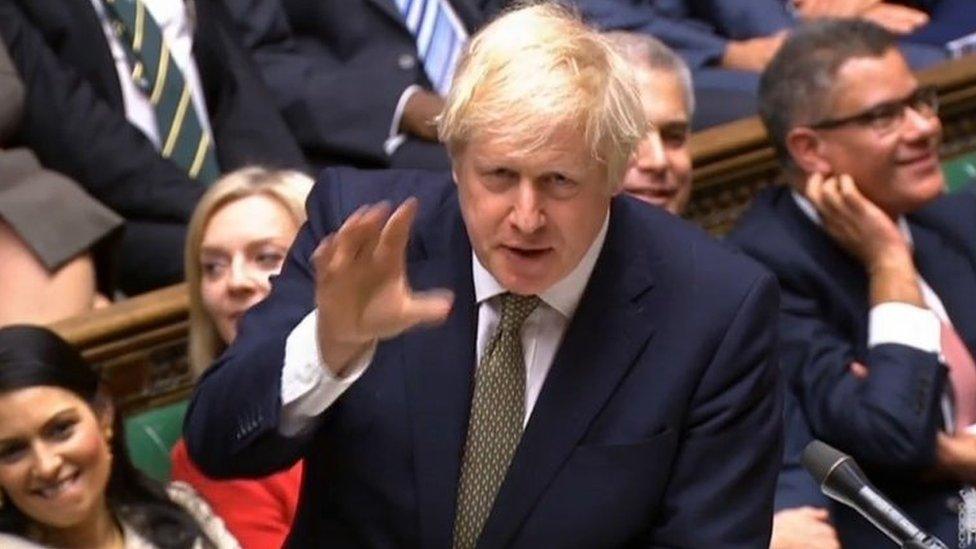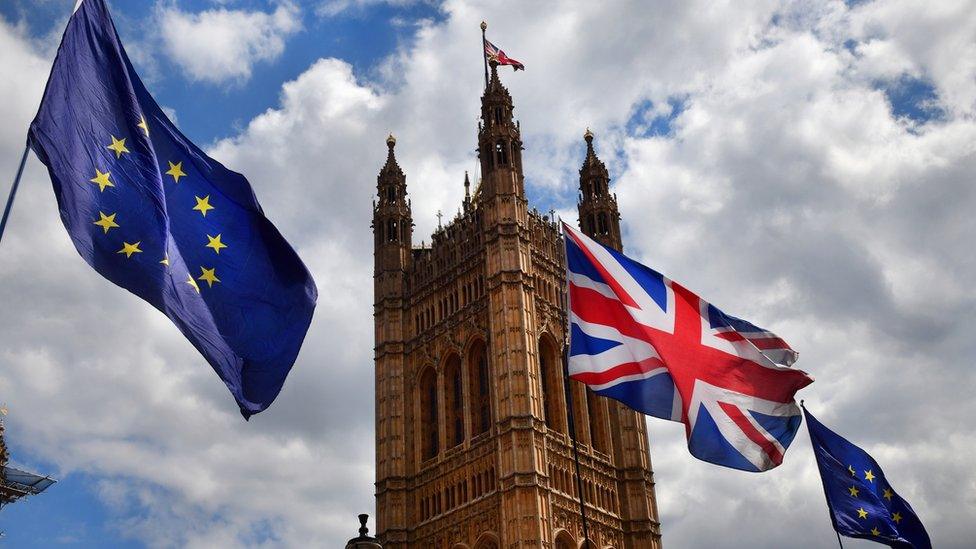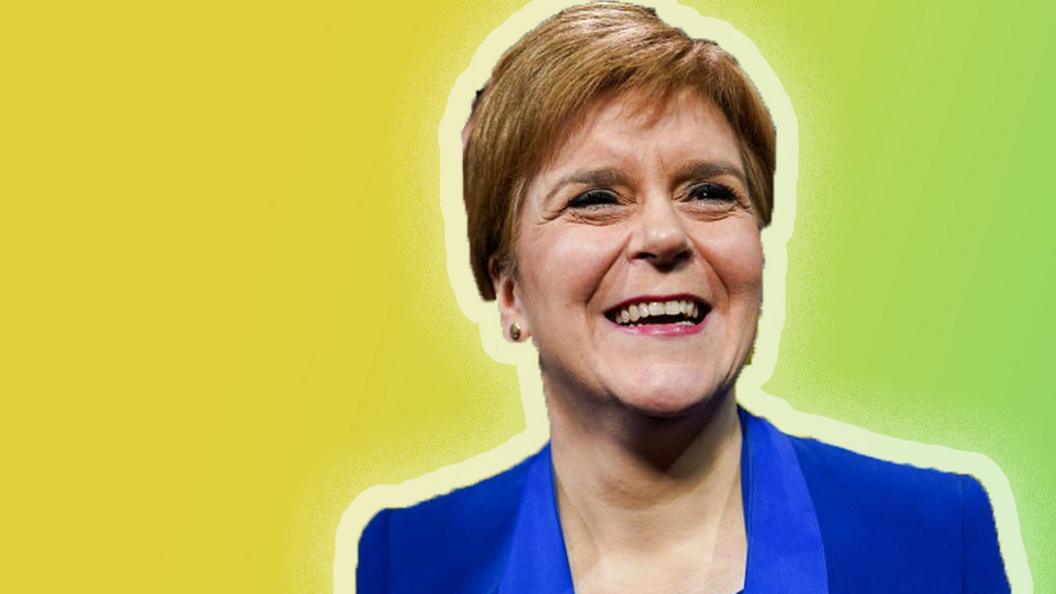Brexit: MPs to vote on Boris Johnson's deal
- Published
- comments

Members of Parliament (MPs) will vote on Friday 20 December on whether or not to support the prime minister's Brexit deal - that's Boris Johnson's plan for the UK to leave the European Union (EU) on 31 January.
The UK would still need to follow many of the EU's rules after this date though, as part of a transition period.
Following the general election result on Friday 13 December, Boris Johnson's Conservative party now has a majority (more than half of seats) in the House of Commons.
This means that the EU (Withdrawal Agreement) Bill, which would enforce his Brexit agreement, is expected to pass.
It will then go before the House of Lords before it can become law.
What is the Withdrawal Agreement Bill?

The bill would put in place the Brexit agreement the prime minister reached with the EU in October.
It was introduced in Thursday's Queen's Speech which sets out what the government plans to do in the next year.
Boris Johnson says the bill will bring about a "new dawn" for the country and provide "certainty", but opposition parties argue that the bill leaves the UK's future uncertain.
They also don't like some of the changes he has made to the original bill following the election.
What are the changes?
The bill will ban the government from extending the transition period - where the UK is out of the EU but follows many of its rules - past 2020.
The transition period has all sorts of temporary rules to help cope with Brexit, for example affecting businesses that work with people in the EU.
Another change is that a commitment for the UK to strike a deal with the EU, so child refugees can be reunited with their family in the UK, has also been taken out.
A section in the bill on workers' rights, has also been removed, though the government says it will look at that separately.
What happens next?
After Friday's vote, the bill will be debated by MPs between 7 and 9 January after parliament's Christmas break.
It would then need to get royal assent in the last week of January.
- Published17 December 2019

- Published19 December 2019

- Published13 December 2019

